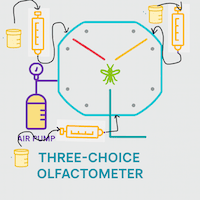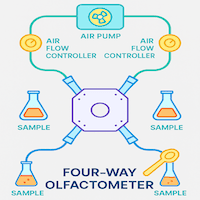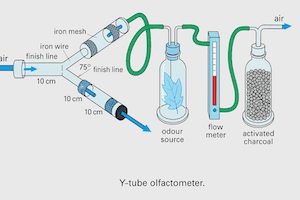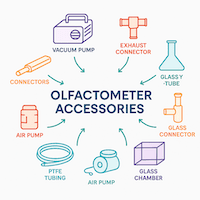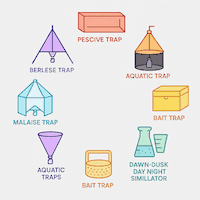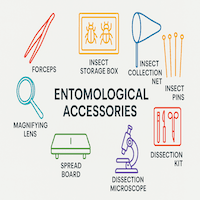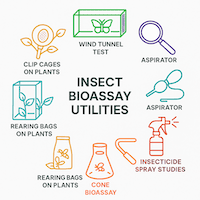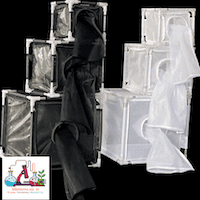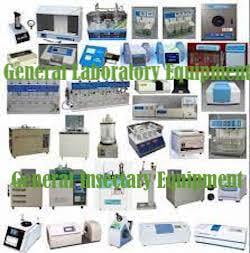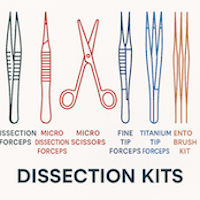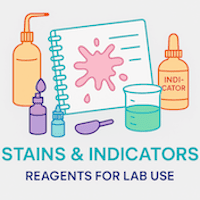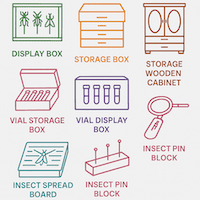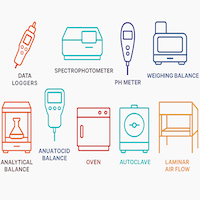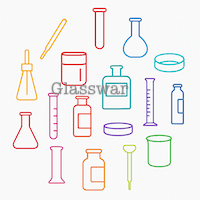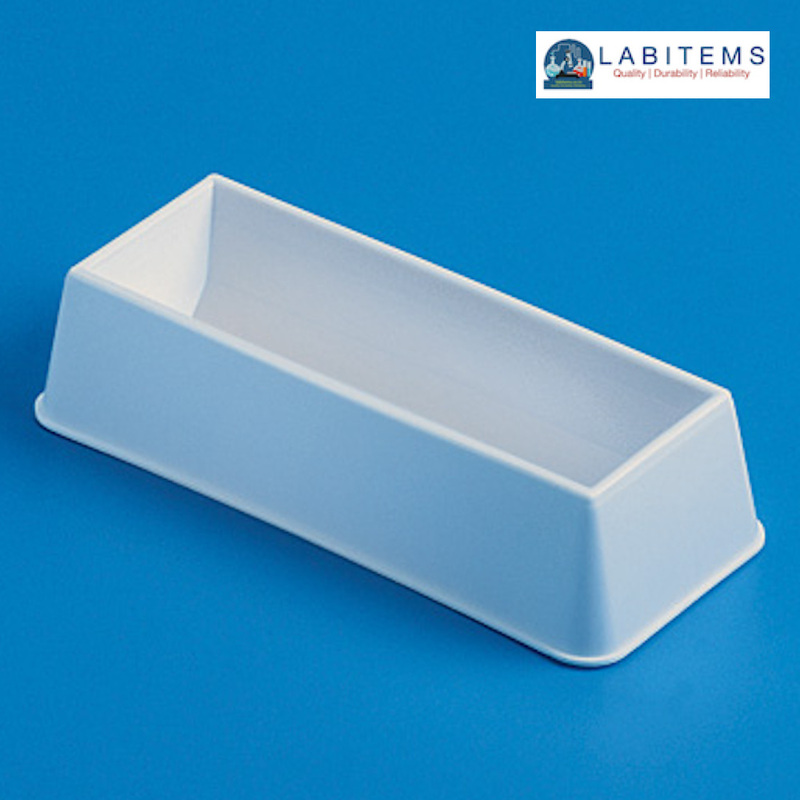
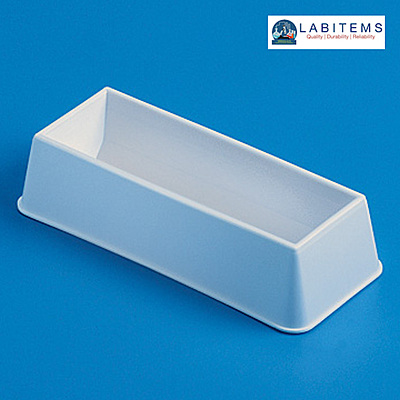
Reagent Reservoir for General Laboratory Use
Customize
Product Details
Reagent reservoirs are used in a variety of laboratory settings, including clinical laboratories, research laboratories, and industrial laboratories. They are often used to store and dispense reagents that are used in assays, such as ELISA and PCR. Reagent reservoirs can also be used to store and dispense reagents that are used in analytical instruments, such as HPLC and GC.
Reagent reservoirs are an essential piece of equipment for any laboratory that uses reagents. They provide a safe and convenient way to store and dispense reagents, which can help to improve the accuracy and reproducibility of experiments.
Here are some of the benefits of using reagent reservoirs:
- Provide a safe and secure way to store reagents for safe mixing and to transfer reagents using multichannel pipettes which save time and efforts. Also this process eliminates errors during sampling of liquids.
- Easy to use and dispense reagents quickly and accurately.
- Prevent contamination of reagents.
- Possible to quickly set up experiments. It is extremely useful when experiments are set up in PCR or ELISA plates as remembering individual experimental cells is misleading most of the times thereby error in dispensing the chemicals
- Help to improve the accuracy and reproducibility of experiments.
LABITEMS Reagent reservoirs are an essential piece of equipment for any laboratory that uses reagents. They provide a safe and convenient way to store and dispense reagents, which can help to improve the accuracy and reproducibility of experiments.



